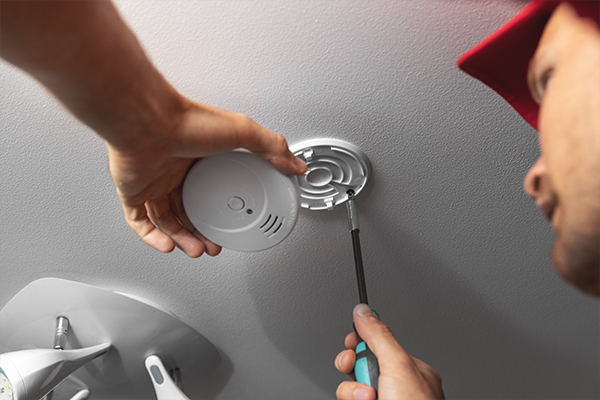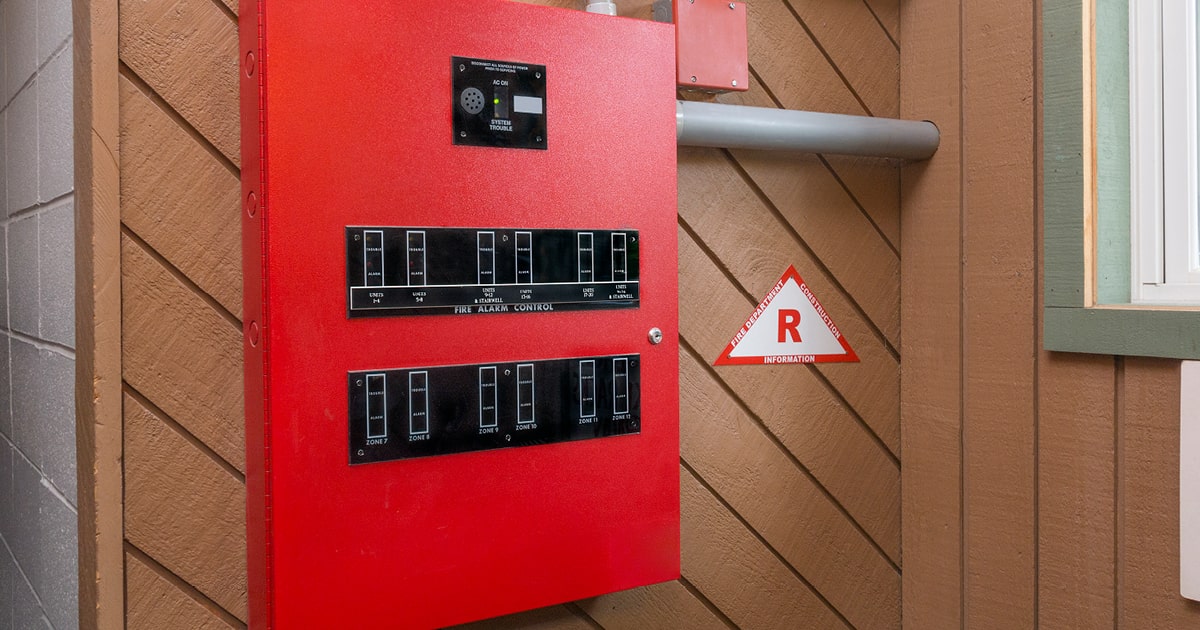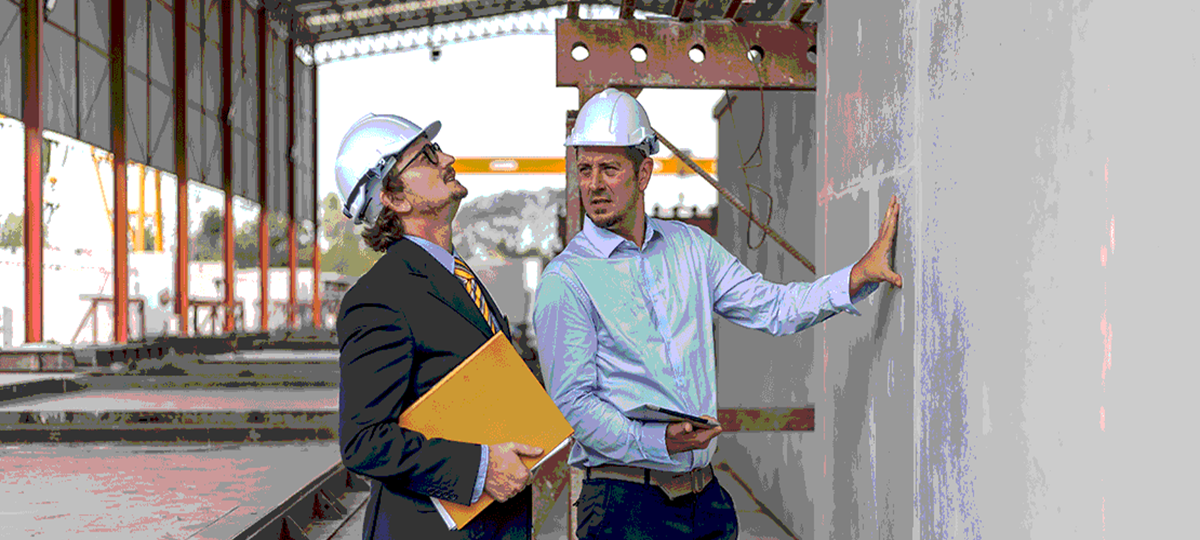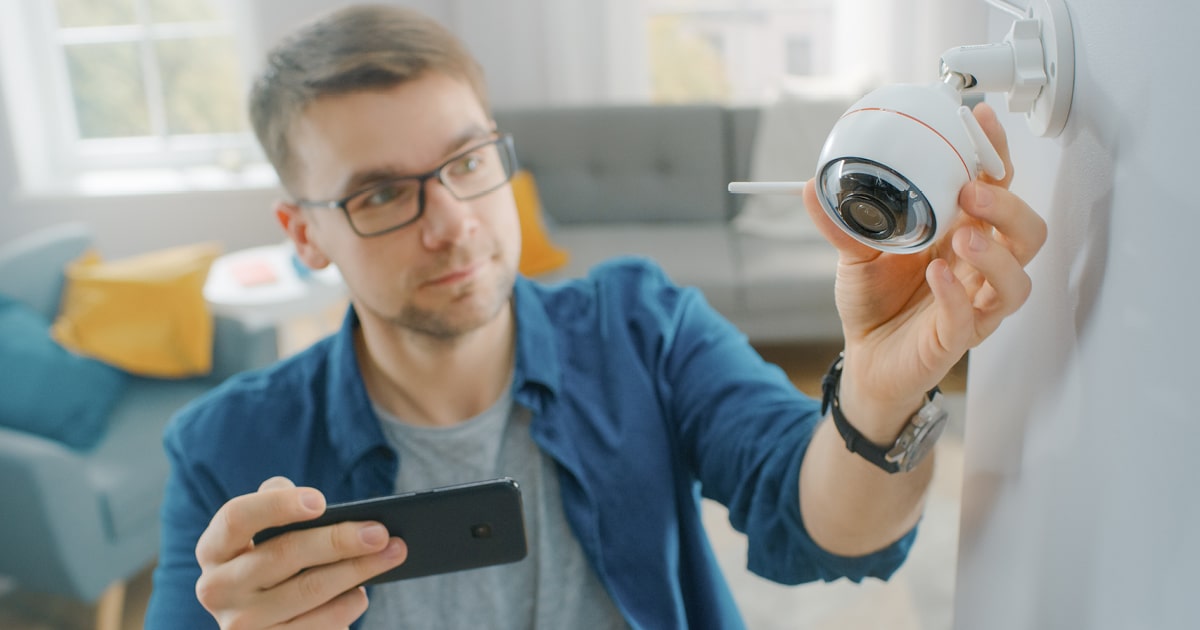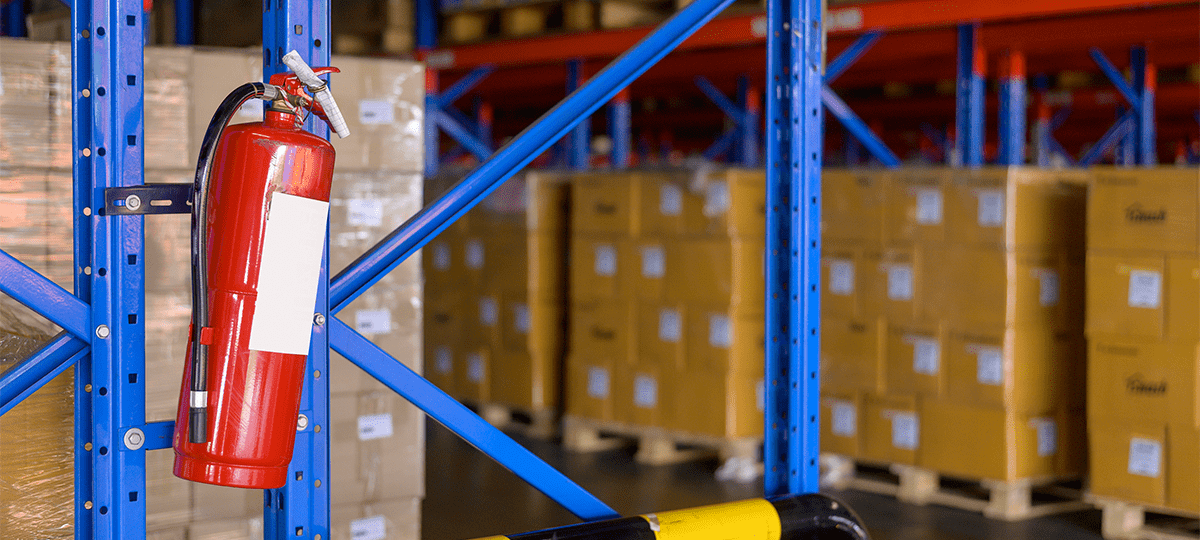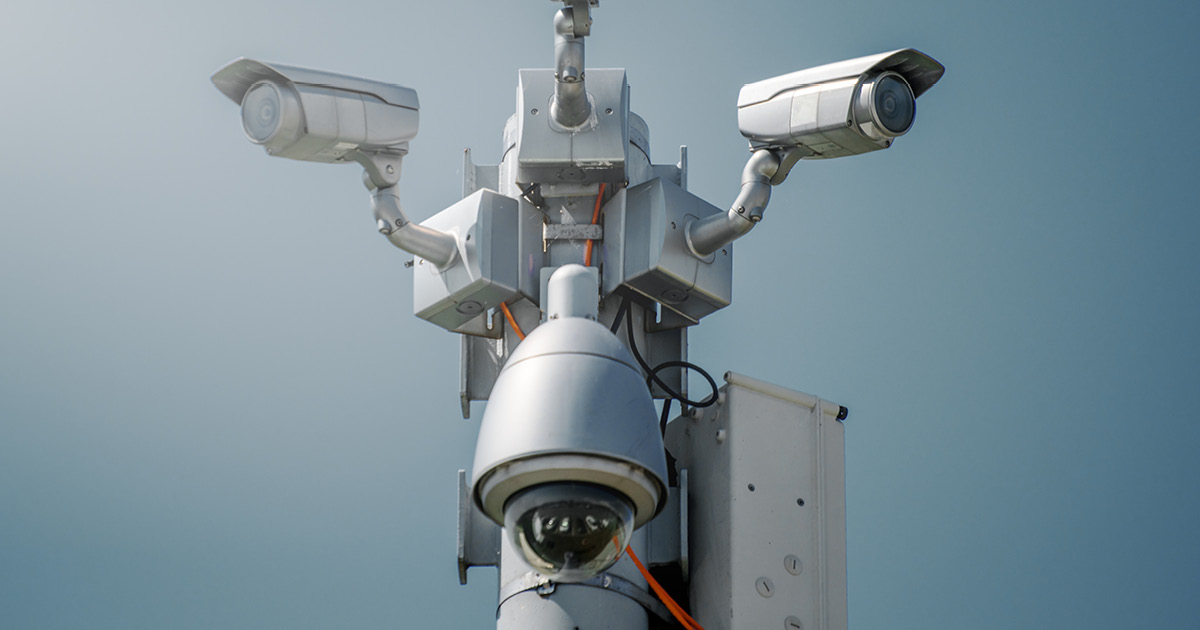Everything You Need to Know About Carbon Monoxide Detectors
What is a Carbon Monoxide Detector?
Carbon monoxide (CO) is a colorless, odorless, and tasteless gas or liquid that is poisonous to humans. Detectors are designed to identify carbon monoxide leaks and warn those in your home or business. This advanced warning can save lives as it allows you to get outside as fast as possible before being affected by the noxious gas.
The most common sources of carbon monoxide in a home are the furnace, dryer, and chimney. A broken or clogged vent can lead to a leak that can quickly turn into a preventable home emergency. In the workplace, the gas is typically caused by ovens, furnaces or even internal combustion engines.
A carbon monoxide detector determines the parts per million (ppm) of carbon monoxide in the air. Carbon monoxide is dangerous to humans after extended exposure of 150 to 200 ppm.
Carbon Monoxide Detector Placement
Carbon monoxide detectors, similar to smoke detectors, should be placed on every level of your home, as well as in every bedroom, sleeping area, and common rooms. It is best to place the detector about five feet from the ground. Any detectors used in sleeping areas should be set to an alarm level that will wake you up.
Avoid placing a detector above a fireplace or other flame-creating appliances.
How to Test
Test your detector’s batteries each month and replace the batteries every six months or as directed by the device’s manual.
Beeping
Beeping can signal an issue, but it is essential to know your alarm setting to be able to distinguish a low battery beep from a life-saving alert.
In Case of a Carbon Monoxide Leak
If your carbon monoxide detector alerts you to a dangerous level of CO in the air, you need to leave the building immediately and make sure to evacuate any children or animals. Once safely outside, call 911.
When to Replace
Carbon monoxide detectors, like fire alarms, have an expiration date. These devices can become less sensitive over time and should be replaced every five to seven years.
If you are looking to install or replace your carbon monoxide detectors, contact the fire and security experts at FSS Technologies. We can help you install and test your detectors or talk to you about the elements of a fire alarm system.
